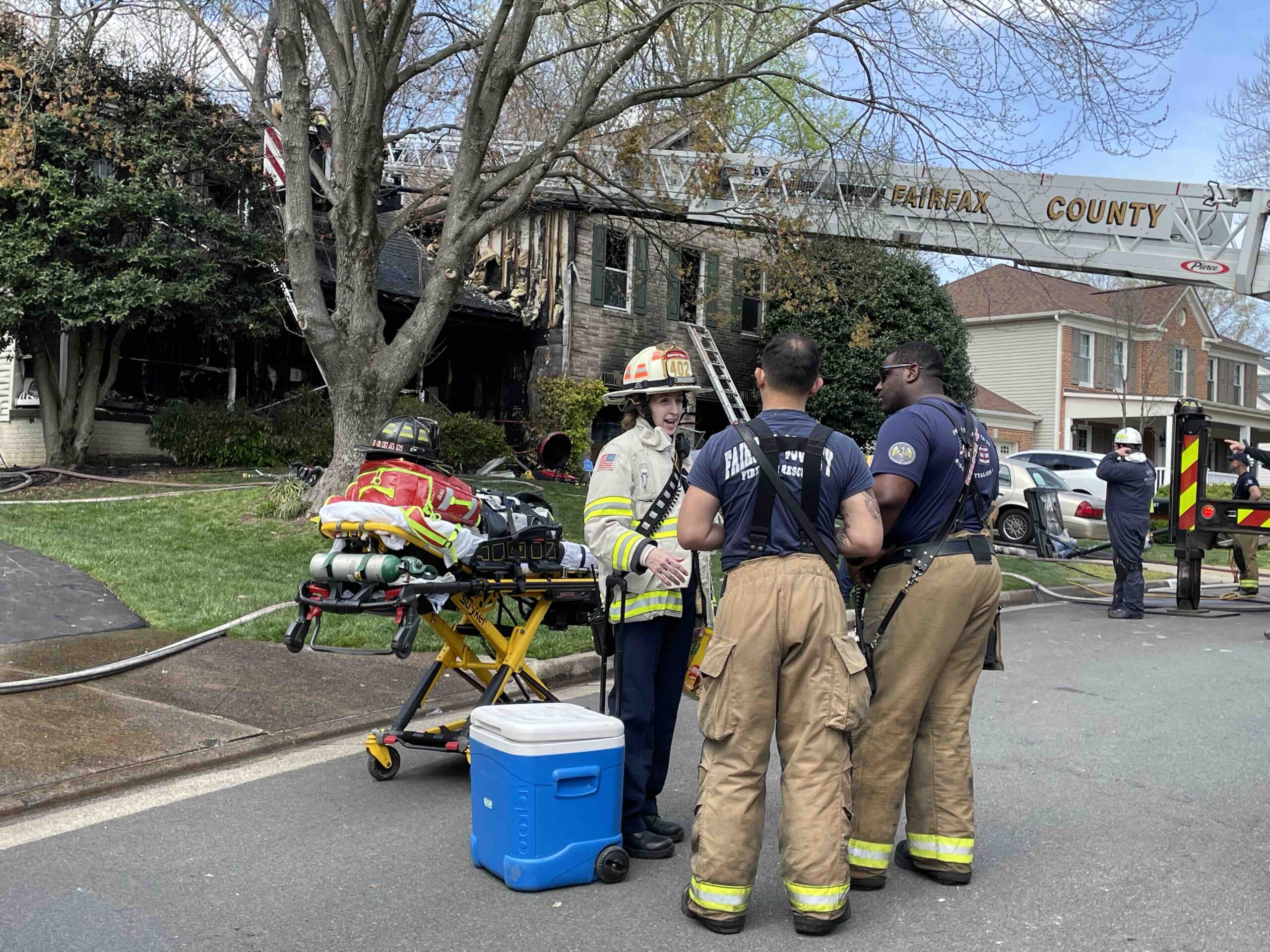GMU’s New Century College raised over $12,000 in an Indiegogo campaign to … put beehives on their parking garage?

The honeybees are dying, and in great numbers. “There is a phenomenon that is occurring that is called Colony Collapse Disorder that appeared 5 or 6 years ago. The problem is that bees die in massive numbers and, up to this point, nobody knows exactly why,” says professor and bee expert German Perilla.
According to Perilla, science has struggled to explain the crisis with any accuracy. “The immune system of bees is very weak, and they die for very minor reasons,” he says. Luckily Perilla—and others like him at George Mason University—are on the case.
They’ve housed a group of beehives on top of a parking garage at GMU, a move that isn’t ideal for the bees but makes a convenient spot for students and faculty to visit the apiary. And in October, the university sponsored the “HiveStarter Initiative,” a project designed to bolster the bee studies program with new hives, beekeeping equipment and room for more students.
Those who donated more than $25 got a small token of appreciation from the bees themselves—a small amount of the honey they produced. One month later, the initiative closed a success, exceeding the $10,000 goal by more than $2,000.
“This is the seed money than we are going to use to build 25 more hives. Part of this is to replace the bees that will naturally die in the winter. Part of it also is to offer education classes and train interns to go out into schools and communities,” says Perilla. And more bees is never a bad thing.
“Bees can detect landmines. Bees can be used with HIV prevention. There’s a lot of things that bees can do,” says New Century College Associate Dean Lisa Gring-Pemble. So, can you buy the honey? Not quite.
The university will first need a license to sell. But in the meantime, Perilla’s making some cool beeswax candles. –Tim Regan
(January 2014)




